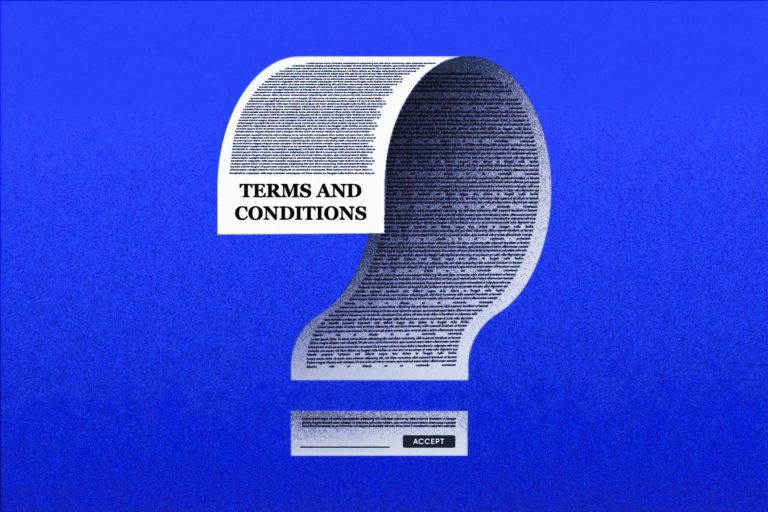
Estate Planning for Young Adults: Navigating Your Future with Confidence
Estate planning often conjures images of wealthy, older individuals drafting wills and trusts. However, young adults, especially those in their 20s and 30s, must also consider creating an estate plan. While it might seem premature, estate planning is crucial to personal finance management. This guide will walk you through the essentials of estate planning for young adults.
Why Do Young Adults Need an Estate Plan?
Contrary to popular belief, estate planning isn’t just for the elderly or the wealthy. Young adults may not realize the importance of an estate plan. It’s about protecting your assets, no matter how modest, and ensuring that your wishes are respected in case of unforeseen circumstances. Whether deciding who will inherit your belongings, who will make decisions on your behalf if you’re unable to, or who will take care of your children, an estate plan gives you peace of mind.
What Is a Durable Power of Attorney and Why Is It Important?
A durable power of attorney is a fundamental document in estate planning. It grants someone you trust the authority to make financial decisions on your behalf should you become incapacitated. This can include managing your finances, paying bills and handling investments. It’s crucial to ensure that your affairs are in order, even when you cannot manage them yourself.
The Role of a Health Care Directive in Estate Planning
A health care directive, also known as a living will, is a document where you designate someone to make health decisions for you if you cannot. This can include decisions about medical treatments, end-of-life care and even organ donation. It’s critical to your estate plan to ensure that your health care wishes are known and respected.
Understanding Guardianship and Its Significance
If you have minor children, appointing a guardian is one of the most critical decisions in your estate plan. This person will be responsible for your children’s care and upbringing, if you can no longer do so. Choosing a guardian ensures that your children are cared for according to your values and wishes.
The Process and Benefits of Probate
Probate is the legal process of administering your estate after your death. While it can be complex and time-consuming, understanding probate can help you create an estate plan that simplifies this process. By planning ahead, you can potentially save your loved ones time, money and stress during an already difficult time.
Life Insurance: A Vital Tool for Young Adults
Life insurance is essential to estate planning, especially for young adults. It’s not just about leaving an inheritance; it’s about providing financial security for your loved ones. A life insurance policy can help cover debts and funeral expenses and provide for your family’s future needs.
How to Care for Your Children with Estate Planning
Estate planning allows you to make provisions for your children’s financial and emotional well-being. Beyond naming a guardian, you can set up trusts, education funds and other arrangements to ensure that they are financially secure and that their upbringing aligns with your values and wishes.
Finding Peace of Mind with Comprehensive Estate Planning Documents
Putting together a comprehensive estate plan can seem daunting. However, it’s essential for your peace of mind. This includes drafting a will, setting up a power of attorney, creating a health care directive and more. These documents ensure that your wishes are clearly stated and legally binding.
The Importance of a Will and Last Testament
A will is the cornerstone of your estate plan. It allows you to specify who will inherit your assets, appoint a guardian for your children and even designate who will care for your pets. Without a will, these decisions could be left up to the courts, which may not align with your wishes.
Navigating Legal and Financial Decisions with an Estate Planning Attorney
Creating an estate plan can be complex. However, you don’t have to do it alone. Consulting with an experienced estate planning attorney ensures that your plan is legally sound and tailored to your needs. They can guide you through the process, providing valuable advice and peace of mind.
Key Takeaways
- Start Early: Estate planning is not just for the elderly. As a young adult, it’s important to start planning early, especially if you have assets or dependents.
- Appoint Guardians: If you have children, appointing a guardian is crucial in ensuring that they are cared for according to your wishes.
- Durable Power of Attorney: This document is essential for allowing someone you trust to make financial decisions on your behalf if you’re incapacitated.
- Health Care Directive: A health care directive ensures that your medical wishes are followed if you cannot communicate them yourself.
- Life Insurance: Provides financial security for your loved ones and is an important part of your estate plan.
- Consult Professionals: Seek advice from experienced estate planning attorneys to create a plan that suits your unique needs.
- Review Regularly: As your life changes, your estate plan should be updated to reflect these changes.
If you’re ready to take the crucial step of securing your future and ensuring the well-being of your loved ones, we’re here to help. Protect what matters most and gain peace of mind for the years ahead. Contact us now to create a plan that reflects your wishes and secures your legacy.





